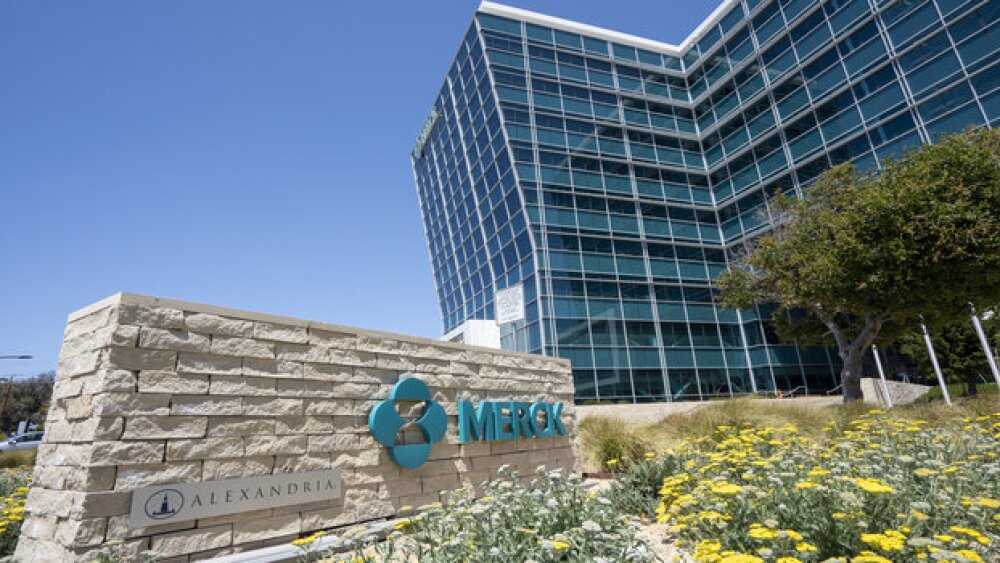Hercules, CA – October 22, 2013 – More accurate and precise assessment of copy number variation (CNV), the number of copies of a particular gene that are present in a genome, may lead to improved diagnosis and therapy for cancer and other diseases including autoimmune disorders. However, current technologies to determine copy number can be inaccurate, labor intensive, or prohibitively costly, diminishing their effectiveness in clinical applications.
Using Bio-Rad Laboratories' Droplet Digital PCR (ddPCR™) technology, researchers can rapidly, accurately, and economically determine copy number states. Groups from the University of California, Davis, and the University of Colorado School of Medicine, among others, will present promising new research results at this year's annual meeting of the American Society of Human Genetics (ASHG), held in Boston from October 22-25, 2013.
"Since its introduction in 2011, Bio-Rad Laboratory's ddPCR technology has demonstrated the potential to be a transformative technology based on its greater precision, reproducibility, and sensitivity than conventional approaches such as real-time PCR," said George Karlin-Neumann, the scientific affairs director at Bio-Rad's Digital Biology Center.
Less than two years since Bio-Rad brought digital PCR systems to the market, studies using ddPCR assays have resulted in nearly 50 peer-reviewed publications.
Using ddPCR to Improve Pediatric Care
One example of how CNV determination with ddPCR technology shows promise for clinical applications is newborn CNV screening. 22q11.2 Deletion Syndrome (22q11DS) is the most common microdeletion syndrome in humans and is associated with more than 100 different diagnostic findings including craniofacial defects, developmental delay, and autism spectrum disorders. Researchers in Dr. Flora Tassone's lab at the University of California, Davis have developed an inexpensive, rapid, sensitive, and specific alternative to fluorescent in-situ hybridization (FISH) – the currently accepted diagnostic tool – using ddPCR technology to identify newborns with 22q11DS. At the ASHG meeting, they will demonstrate for the first time the efficacy of ddPCR in large population screening studies (Program Number 2590F).
Researchers on Dr. James Sikela's team at the University of Colorado School of Medicine are investigating DUF1220 copy number reduction and its association with microcephaly, a neurodevelopment disorder related to pediatric brain size. They will demonstrate how ddPCR is an effective technique for determining copy numbers of highly duplicated sequences such as DUF1220 and how ddPCR may be used for similar studies in future research where array comparative genomic hybridization (aCGH) analysis or qPCR are not accurate enough (Program Number 3215F).
In addition to the research findings described above, Bio-Rad's ddPCR technology will be showcased in 11 other presentations. For more information, visit Bio-Rad's booth at ASHG (booth #839). Bio-Rad will also be hosting an ASHG lunch workshop on Thursday, October 24 at 12:30 PM in room 211 as well as a hospitality suite on Thursday, October 24 at 7:45 PM at the New England Aquarium, 1 Central Wharf in Boston, featuring presentations from UC Davis and Harvard Medical School researchers. Please visit booth #839 for further details.
To register for Bio-Rad's six-part webinar series on Droplet Digital PCR or view the list of Droplet Digital PCR system publications, visit http://www.bio-rad.com/ddPCR-Webinars. To learn more about ddPCR, please visit http://www.bio-rad.com/QX200.
About Bio-Rad
Bio-Rad Laboratories, Inc. (NYSE: BIO and BIOb) has been at the center of scientific discovery for 60 years, manufacturing and distributing a broad range of products for life science research and clinical diagnostic markets. The company is renowned for its commitment to quality and customer service among university and research institutions, hospitals, public health and commercial laboratories, as well as the biotechnology, pharmaceutical, and food safety industries. Founded in 1952, Bio-Rad is based in Hercules, California, and serves more than 100,000 research and industry customers through its global network of operations. The company employs approximately 7,600 people worldwide and had revenues exceeding $2 billion in 2012. Visit us at http://www.bio-rad.com.
Help employers find you! Check out all the jobs and post your resume.




